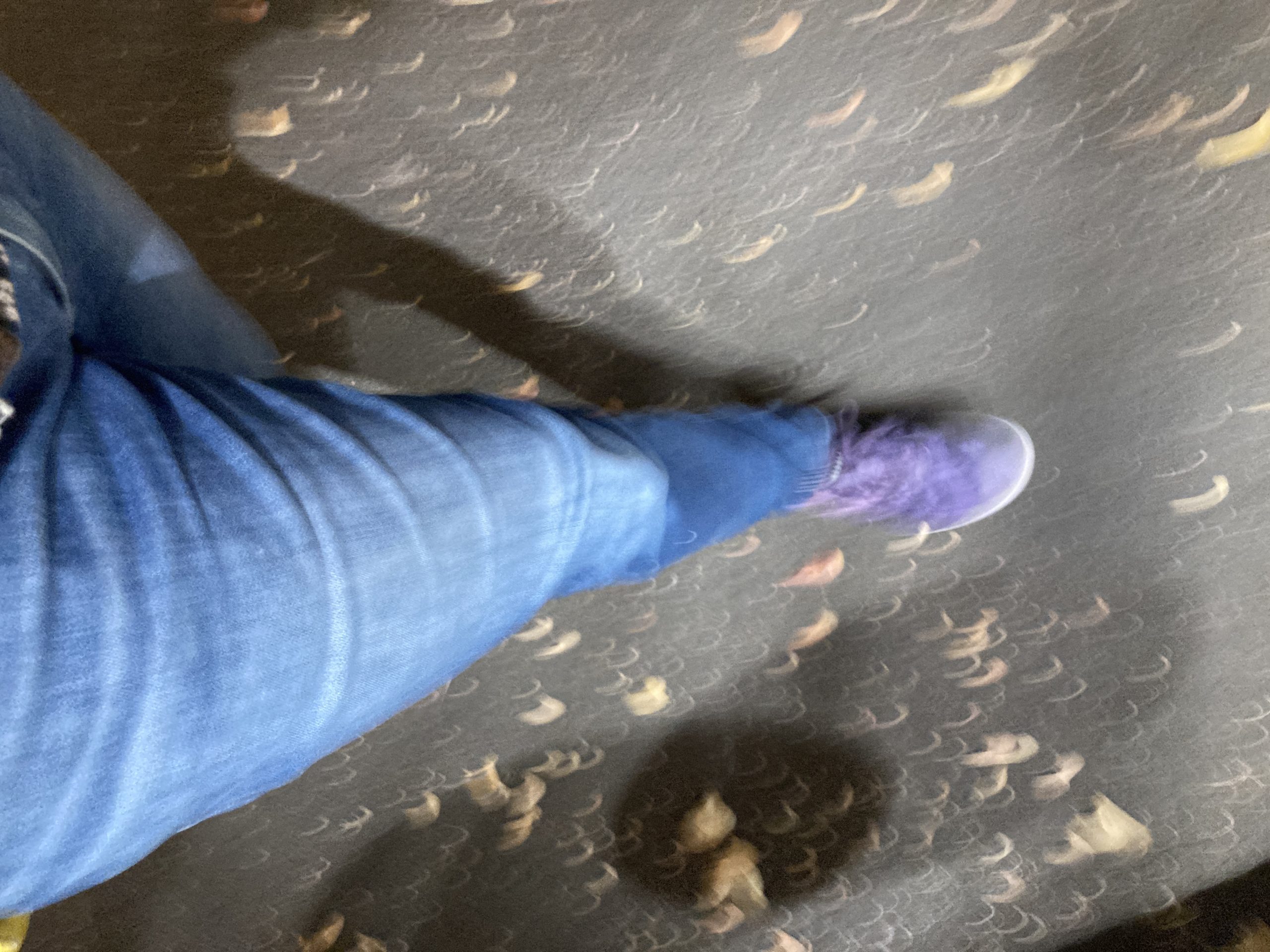
I actually studied Latin for six years in high school. Even at the time, I could tell: this was an absolutely bananas choice. I was not only not very good at it; I wasn’t even mediocre. I was actively bad. I wasted VAST amounts of time literally memorizing two years of translation, just so I could scrape a passing mark in my final exam.
Forty years later – and believe me, calling this a small consolation is overstating the matter – it does mean that when I see Diogenes the Cynic’s phrase “solvitur ambulando,” I can take a punt at what it means: “things get solved by walking.”
There are two ways this might serve you. You can go Full Charles Darwin, and make a long walk a daily routine. Darwin had a “thinking path” near his house in Kent, and both morning and afternoon he walked and he thought. Scientists today would label this “transient hypofrontality:” a state-of-mind that requires physical movement but little active management of that movement. Darwin’s “sandtrack” – some days were one lap days, others were four lap days – was an environment for what Cal Newport would call Deep Work, a place you could sink into yourself and the work and see what emerges.
But solvitur amulando can be powerful for another reason. It moves you to another perspective of the challenge at hand. When I’m doing a jigsaw (thanks, COVID), if I can’t find a piece, I move to the other side of the table and look again. Putting yourself in a different location will create another sight line on the challenge at hand, and another sight line almost always opens up new insights and possibilities.
Go on. Get up and ambulando.
Want The Works in your inbox?
Sign up (free) here




